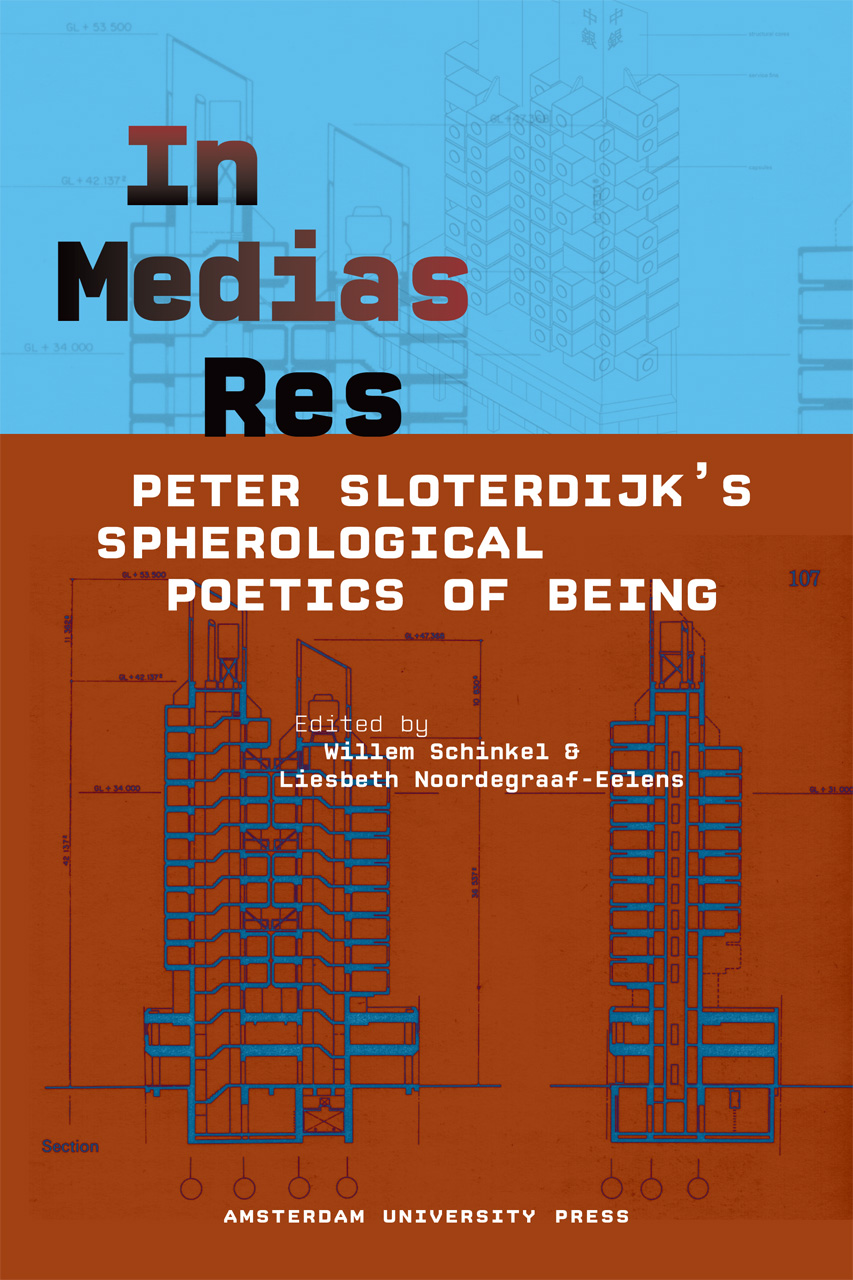David Graeber: Revolutions in Reverse: Essays on Politics, Violence, Art and Imagination (2011)
Filed under book | Tags: · altruism, anarchism, anthropology, art, autonomy, capitalism, communism, debt, politics, violence

Capitalism as we know it appears to be coming apart. But as financial institutions stagger and crumble, there is no obvious alternative. There is good reason to believe that, in a generation or so, capitalism will no longer exist: for the simple reason that it’s impossible to maintain an engine of perpetual growth forever on a finite planet. Yet faced with this prospect, the knee-jerk reaction is often to cling to what exists because they simply can’t imagine an alternative that wouldn’t be even more oppressive and destructive. The political imagination seems to have reached an impasse. Or has it?
In this collection of essays David Graeber explores a wide-ranging set of topics including political strategy, global trade, debt, imagination, violence, aesthetics, alienation, and creativity. Written in the wake of the anti-globalization movement and the rise of the war on terror, these essays survey the political landscape for signs of hope in unexpected places.
At a moment when the old assumption about politics and power have been irrefutably broken the only real choice is to begin again: to create a new language, a new common sense, about what people basically are and what it is reasonable for them to expect from the world, and from each other. In this volume Graeber draws from the realms of politics, art, and the imagination to start this conversation and to suggest that that the task might not be nearly so daunting as we’d be given to imagine.
Publisher Minor Compositions, an imprint of Autonomedia, November 2011
ISBN 1570272433, 978-1-57027-243-1
120 pages
PDF (PDF; updated on 2012-8-26)
PDF (EPUB; added on 2012-8-26)
PDF (MOBI; added on 2012-8-26)
View online (Scribd.com)
Willem Schinkel, Liesbeth Noordegraaf-Eelens (eds.): In Medias Res: Peter Sloterdijk’s Spherological Poetics of Being (2011)
Filed under book | Tags: · aesthetics, attention, biopolitics, capitalism, critique, information society, mass media, philosophy, politics, posthumanism, religion, theory

“In recent years, Peter Sloterdijk has become one of Germany’s most influential thinkers. His diverse body of work includes a Heideggerian project to think “space and time,” a Diogenes-inspired affirmation of the body, and a Deleuzian ontology of network-spheres. This highly accessible collection of essays brings together a team of internationally renowned scholars, including Sjoerd van Tuinen, Rudi Laermans, Peter Weibel, and Bruno Latour, to provide a series of critical reflections on Sloterdijk’s oeuvre.”
Publisher Amsterdam University Press, Amsterdam, 2011
Creative Commons Licence BY-NC 3.0 License
ISBN 908964329X, 9789089643292
204 pages
Christian Fuchs: Foundations of Critical Media and Information Studies (2011)
Filed under book | Tags: · alternative media, capitalism, critical theory, democracy, finance, information society, internet, marxism, mass media, media studies, theory of value, web 2.0

Foundations of Critical Media and Information Studies lays down foundations for the analysis of media, information, and information technology in 21st century information society, as well as introducing the theoretical and empirical tools necessary for the critical study of media and information. Christian Fuchs shows the role classical critical theory can play for analyzing the information society and the information economy, as well as analyzing the role of the media and the information economy in economic development, the new imperialism, and the new economic crisis. The book critically discusses transformations of the Internet (‘web 2.0’), introduces the notion of alternative media as critical media, and shows the critical role media and information technology can play in contemporary society.
This book provides an excellent introduction to the study of media, information technology, and information society, making it a valuable reference tool for both undergraduate and postgraduate students of subjects such as Media Studies, Sociology of Media, Social Theory, and New Media.
Publisher Routledge, 2011
Routledge Advances in Sociology series
ISBN 1136825312, 9781136825316
384 pages
PDF, PDF (updated on 2014-12-22)
Comment (0)
